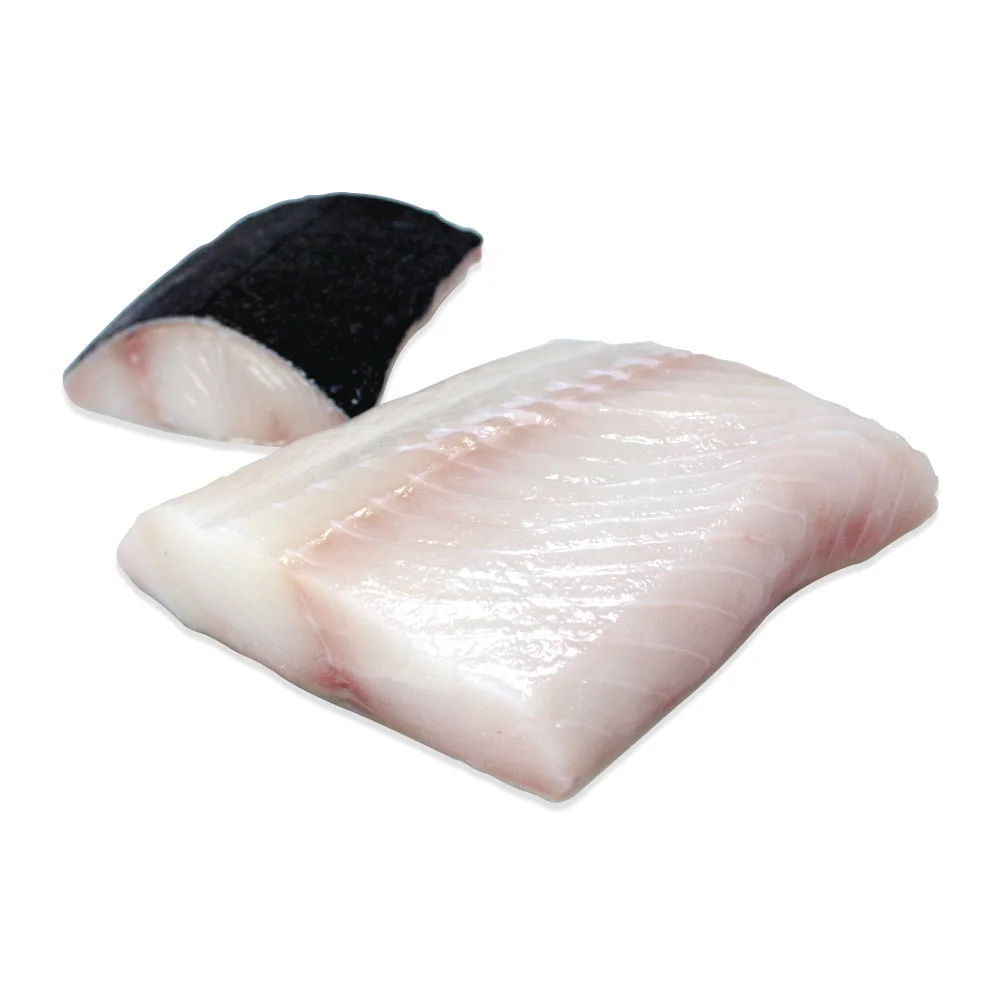If you’re interested in how, exactly, certain foods can benefit people dealing with health issues such as heart disease, dementia, diabetes and cancer, you’ve come to the right place. Research into this field has exploded: type “cancer prevention and food” into the National Library of Medicine’s PubMed data base, and hits for more than ten thousand peer-reviewed studies appear, with more than half having taken place in the last ten years. This kitchen pharmacy looks at the healing properties of the foods: everything from cinnamon’s ability to keep blood sugar levels stable to curcumin’s role in regulating nuclear factor kappa B (NF-kB), a protein complex involved in immune and inflammatory processes. Incorrect regulation of NF-kB and inflammation is thought to play a role in many diseases, including cancer. Similarly, cancer treatments often stress the immune system, making people more vulnerable to infection and illness from viruses, bacteria, and the like. There are foods that have antiviral and antimicrobial properties, such as rosemary, cloves, and mustard seed, which may offer protective benefits. One point to make about these citations... You’ll see a lot of qualifiers in how the medicinal activity of foods is described — lots of “mays” and “coulds,” as in “this may help reduce the risk of colon cancer.” There’s a reason for this. While the number of studies looking at the food / cancer-fighting connection includes far more human data than ever before, the majority of research still involves animals or basic laboratory work. Promising? You Bet! But what works in mice doesn’t always apply to humans. Even in studies analyzing the diets of human populations less prone to cancer, it takes time to tease out which foods— and which compounds in those foods— offer protection. All this research is great news. But the fact that the jury is still out in many areas suggests it’s wise to play the odds when it comes to eating by consuming a wide-ranging diet. That way, you’ll consume more potentially beneficial nutrients, which is really the name of the game.
SOME TERMS DEFINED...
Antiangiogenesis: Angiogenesis is the process whereby cancer cells grow new blood vessels to stay alive; antiangiogenesis is stopping that process.
NF-kB regulator: Nuclear Factor-kappa Beta is a pathway that helps control the body’s immune response. When NF-kB is improperly regulated, chronic inflammation that may lead to cancer can occur.
Promotes apoptosis: Apoptosis is the medical term for the death of a cell. Cancer cells are often resistant to normal cell death.
Aids DNA repair: Cells employ DNA repair to ensure limiting damage that could lead to genetic mutations that may be the precursors of cancer development.
Anticarcinogenic: Having an action effective against carcinogens, cancer-causing agents that can enter the body through environmental and dietary exposure.
Antimicrobial: Kills bacteria
See by Action (e.g. anticancer, antioxidant...)
Anticancer. Anti-inflammatory. Antioxidant. Appetite suppressant. Blood pressure reduction. Cholesterol reduction.
Anticancer. Anti-inflammatory. Blood pressure reduction. Cardiovascular health. Triglyceride reduction
Anticancer. Anti-inflammatory. Antimicrobial. Appetite suppressant. Breath freshener. Digestive support




















































































